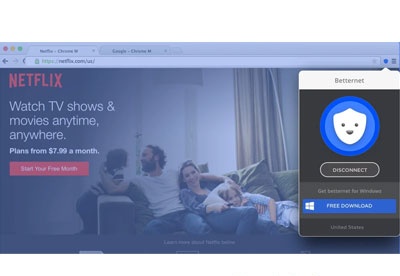

In March 2018, the use of unapproved VPN services was banned in China, as they can be used to circumvent the Great Firewall. The burden of trust is simply transferred from the ISP to the VPN service provider. A VPN is not in itself a means for good Internet privacy.A VPN does not make the user immune to hackers.A VPN can log the user's traffic, however this depends on the VPN provider.Users can still be tracked through tracking cookies and device fingerprinting, even if the user's IP address is hidden. A VPN does not make one's Internet use private.VPN services are not sufficient for protection against browser fingerprinting. The New York Times has advised users to reconsider whether a VPN service is worth their money. According to Consumer Reports, VPN service providers have poor privacy and security practices and also make hyperbolic claims.

Users are commonly exposed to misinformation on the VPN services market, which makes it difficult for them to discern fact from false claims in advertisements.

Betternet vpnfor windows Pc#
In order to determine the degree of privacy and anonymity, various computer magazines, such as PC World and PC Magazine, also take the provider's own guarantees and its reputation among news items into consideration. In computer magazines, VPN services are typically judged on connection speeds privacy protection, including privacy at signup and grade of encryption server count and locations interface usability and cost. A less common alternative is to provide a SOCKS proxy interface. This includes virtual network adapters on computer OSes and specialized "VPN" interfaces on mobile operating systems. However, they do typically utilize the operating system's VPN interfaces to capture the user's data to send to the proxy. On the client side, configurations intended to use VPN services as proxies are not conventional VPN configurations. The only secure VPN is where the participants have oversight at both ends of the entire data path or when the content is encrypted before it enters the tunnel. However, users must consider that when the transmitted content is not encrypted before entering the proxy, that content is visible at the receiving endpoint (usually the VPN service provider's site) regardless of whether the VPN tunnel itself is encrypted for the inter-node transport.

Providers often market VPN services as privacy-enhancing, citing security features, such as encryption, from the underlying VPN technology. Commercial VPN services are often used by those wishing to disguise or obfuscate their physical location or IP address, typically as a means to evade Internet censorship or geo-blocking. Instead, many providers simply provide an Internet proxy that uses VPN technologies such as OpenVPN or WireGuard. But depending on the provider and the application, they do not always create a true private network. For the more general concept, see virtual private network.Ī virtual private network ( VPN) service provides a proxy server to help users bypass Internet censorship such as geoblocking and users who want to protect their communications against data profiling or MitM attacks on hostile networks.Ī wide variety of entities provide "VPNs" for several purposes.


 0 kommentar(er)
0 kommentar(er)
